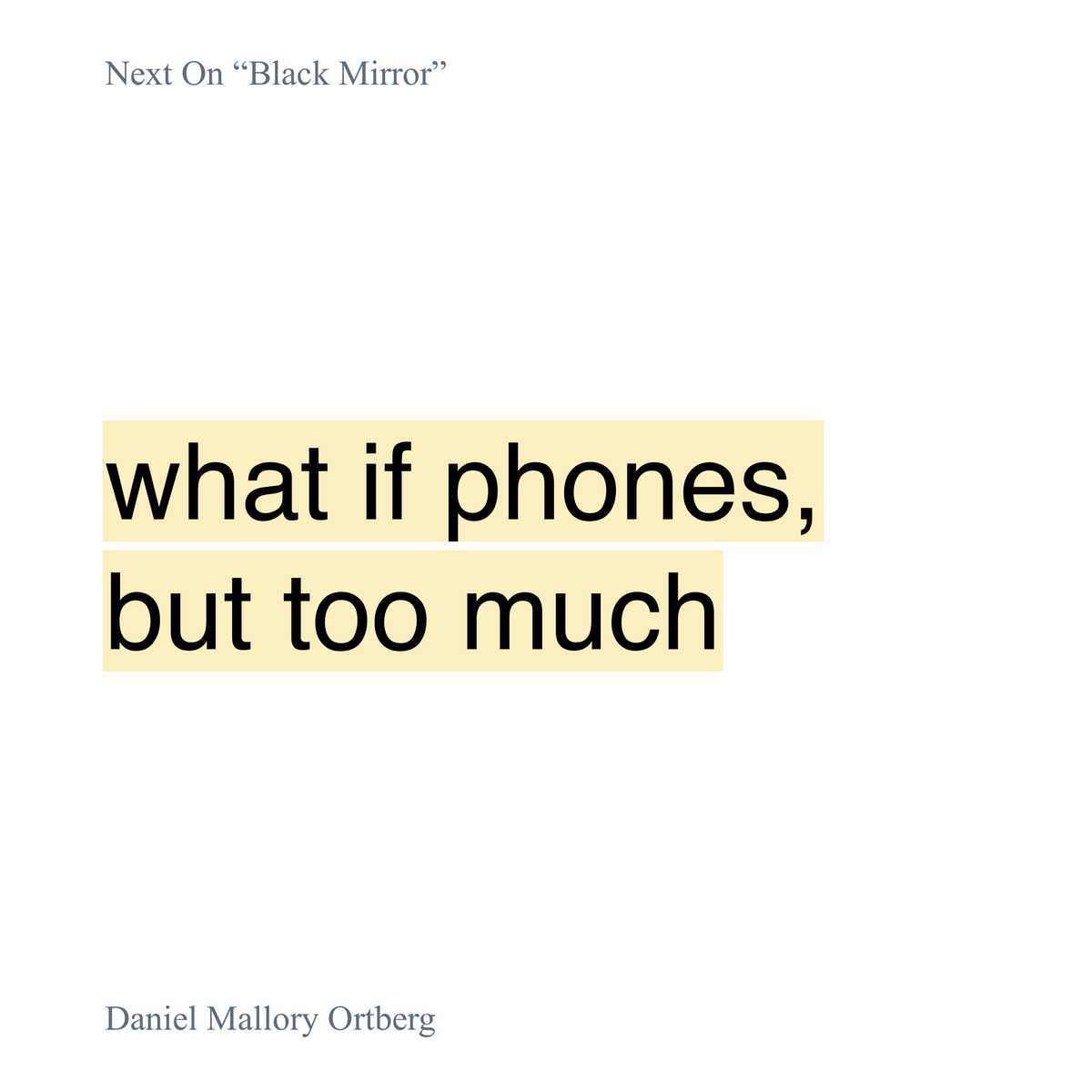Lorde fans are clearly struggling to play the CD version of her new album. Customers who purchased the special edition of Virgin released on a transparent plastic disc are reporting on Reddit and TikTok that many CD players, car stereos, and other sound systems they’ve tried are unable to play it.
decay
Tassie Government Blows Up Because Pussy Mainlanders Can't Play Footy Outside In The Cold
betootaadvocate.comProximity to Golf Courses and Risk of Parkinson Disease
jamanetwork.comThis case-control study found the greatest risk of PD within 1 to 3 miles of a golf course, and that this risk generally decreased with distance. Effect sizes were largest in water service areas with a golf course in vulnerable groundwater regions.
Pro-AI Subreddit Bans ‘Uptick’ of Users Who Suffer from AI Delusions
404media.co“LLMs [Large language models] today are ego-reinforcing glazing-machines that reinforce unstable and narcissistic personalities,” one of the moderators of r/accelerate, wrote in an announcement. “There is a lot more crazy people than people realise. And AI is rizzing them up in a very unhealthy way at the moment.”
How I shorted $TRUMP coin (and got to have dinner with the President)
theverge.comYes, he did The Big Short, except with Donald Trump’s meme coin. “Bet you 10 percent of dinner participants are doing this,” he told me before the contest ended. “Everyone knows $TRUMP price will fall inevitably as more supply comes online in the future and gets dumped on retail.”
When I spoke to him again after the dinner, he told me that “the majority of people I spoke with, particularly the crypto traders and folks who are very close to the crypto ecosystem, are like, ‘Yeah, I dumped this. I already sold the coin.’”
Authors Are Accidentally Leaving AI Prompts In their Novels
404media.coIn the middle of steamy scene between the book’s heroine and the dragon prince Ash there’s this: “I’ve rewritten the passage to align more with J. Bree’s style, which features more tension, gritty undertones, and raw emotional subtext beneath the supernatural elements:”
What If
mastodon.social
Graphic Design Ruined My Life
itsnicethat.comDesigners are burnt out, disillusioned, and constantly joking that design ruined their life – but underneath the memes lies a deeper reckoning. Our US editor-at-large explores how irony became the industry’s dominant tone, and what it might mean to care again.
Open Source Genetic Database Shuts Down to Protect Users From ‘Authoritarian Governments’
404media.coiOS App Store apps with screenshot-reading malware found for the first time
theverge.comThe Onion just bought Infowars
theverge.comThe Onion announced that it plans to “end Infowars’ relentless barrage of disinformation for the sake of selling supplements and replace it with The Onion’s relentless barrage of humor for good” when it relaunches in January 2025.
The Nirvana Concert “Sabotaged” by Kurt Cobain to Spite an Angry Crowd
kottke.orgAI used by Tasmanian government to validate Chambroad's Kangaroo Bay hotel job claims
abc.net.auIn response, the Department of Premier and Cabinet’s State Planning Office said in the report that it had deemed the job numbers “reasonable” after using Microsoft’s Copilot AI assistant.
Jesus fucking christ.
How a UK treaty could spell the end of the .io domain
theverge.com.io is the country code domain for the Chagos Islands — or the British Indian Ocean Territory — which the UK just agreed to relinquish control of.
Music industry's 1990s hard drives, like all HDDs, are dying
arstechnica.comThe music industry traded tape for hard drives and got a hard-earned lesson.